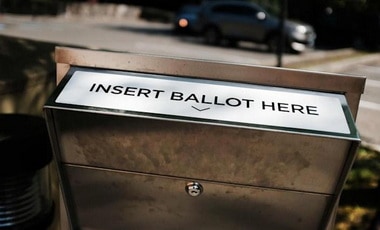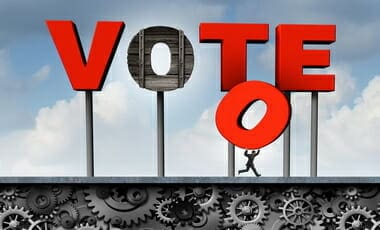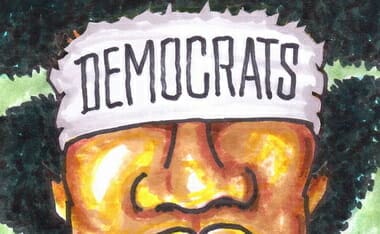To take an extreme example of Discrimination 1b, for the sake of illustration, if 40 percent of the people in Group X are alcoholics and 1 percent of the people in Group Y are alcoholics, an employer may well prefer to hire only people from Group Y for work where an alcoholic would be not only ineffective but dangerous. This would mean that a majority of the people in Group X— 60 percent in this case— would be denied employment, even though they are not alcoholics.
What matters, crucially, to the employer is the cost of determining which individual is or is not an alcoholic, when job applicants all show up sober on the day when they are seeking employment.
This also matters to the customers who buy the employer’s products and to society as a whole. If alcoholics produce a higher proportion of products that turn out to be defective, that is a cost to customers, and that cost may take different forms. For example, the customer could buy the product and then discover that it is defective. Alternatively, defects in the product might be discovered at the factory and discarded. In this case, the customers will be charged higher prices for the products that are sold, since the costs of defective products that are discovered and discarded at the factory must be covered by the prices charged for the reliable products that pass the screening test and are sold.
To the extent that alcoholics are not only less competent but dangerous, the costs of those dangers are paid by either fellow employees who face those dangers on the job or by customers who buy dangerously defective products, or both. In short, there are serious costs inherent in the situation, so that either 60 percent of the people in Group X or employers or customers— or all three groups— end up paying the costs of the alcoholism of 40 percent of the people in Group X
This is certainly not judging each job applicant as an individual, so it is not Discrimination I in the purest sense of Discrimination Ia. On the other hand, it is also not Discrimination II, in the sense of decisions based on a personal bias or antipathy toward that group. The employer might well have personal friends from Group X, based on far more knowledge of those particular individuals than it is possible to get about job applicants, without prohibitive costs.
The point here is neither to justify nor condemn the employer but to classify different decision-making processes, so that their implications and consequences can be analyzed separately. If judging each person as an individual is Discrimination 1a, we can classify as Discrimination 1b basing decisions about groups on information that is correct for that group, though not necessarily correct for every individual in that group, nor necessarily even correct for a majority of the individuals in that group.
A real-life example of the effect of the cost of knowledge in this context is a study which showed that, despite the reluctance of many employers to hire young black males, because a significant proportion of them have criminal records (Discrimination 1b), those particular employers who automatically did criminal background checks on all their employees (Discrimination 1a) tended to hire more young black males than did other employers.1
In other words, where the nature of the work made criminal background checks worth the cost for all employees, it was no longer necessary to use group information to assess whether individual young black job applicants had a criminal background. This made young black job applicants without a criminal background more employable than before.
More is involved here than simply a question of nomenclature. It has implications for practical policies in the real world. Many observers, hoping to help young black males have more employment opportunities, have advocated prohibiting employers from asking job applicants questions about a criminal record. Moreover, the U.S. Equal Employment Opportunity Commission has sued employers who do criminal background checks on job applicants, on grounds that this was racial discrimination, even when it was applied to all job applicants, regardless of race.2 Empirically, however, criminal background checks provided more employment opportunities for young black males.
[1] Harry J. Holzer, Steven Raphael, and Michael A. Stoll, “Perceived Criminality, Criminal Background Checks, and the Racial Hiring Practices of Employers,” Journal of Law and Economics, Vol. 49, No. 2 (October 2006), pp. 452, 473.
[2] Jason L. Riley, “Jobless Blacks Should Cheer Background Checks,” Wall Street Journal, August 23, 2013, p. All; Paul Sperry, “Background Checks Are Racist?” Investor’s Business Daily, March 28, 2014, p. Al.
Thomas Sowell, Discrimination and Disparities (New York, NY: Basic Books, 2018), 23-25 (added references).












